
Read or listen offline
Amazon Kindle
áudio gerado automaticamente
1×
Faça o Login para ouvir o resumo em áudio.
áudio gerado automaticamente
Recommendation
When Charlie Munger, vice president of Berkshire Hathaway, addressed Harvard University in 1995, he deftly identified the biases and habits of thinking that cause people to make avoidable – and sometimes catastrophic – mistakes. He shares lessons that he learned over his 70 years – lessons which, in his own words, he “didn’t learn well enough early enough.” getAbstract recommends this summary of the first four items on Munger’s list to people interested in becoming more self-aware and making more rational decisions.
Summary
About the Author
Charles T. Munger is the vice chairman of Berkshire Hathaway and author of Poor Charlie’s Almanac and On Success.
Learners who read this summary also read
Book
Book









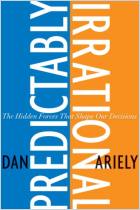
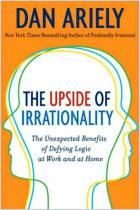
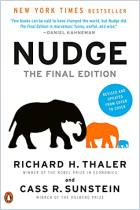
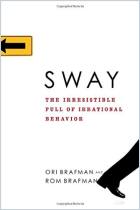
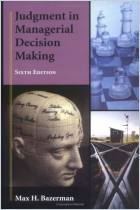






Comment on this summary